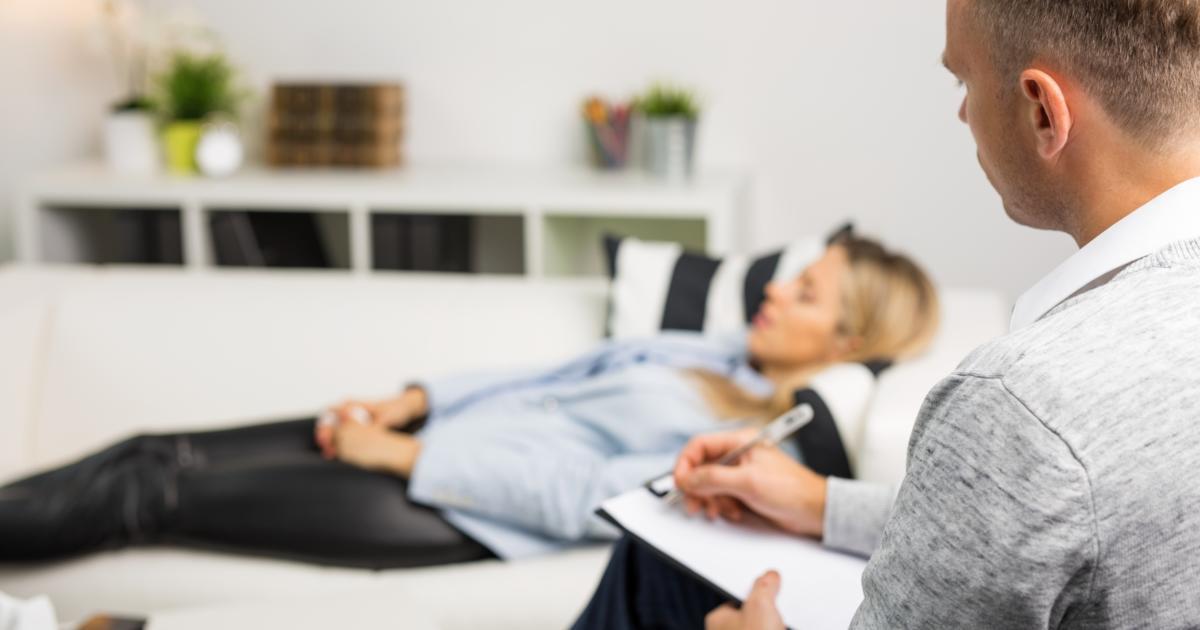Does Cupping Therapy Really Work?
Cupping Therapy Aftercare

Every patient's body reacts to cupping therapy a bit differently, so heeding to the therapist's cupping therapy aftercare instructions is very important. The body needs to be given a chance to recuperate for the benefits to materialize fully. While some individuals feel immediate benefits and are full of energy, others might experience some soreness or fatigue, especially after their first appointment. Regardless of their individual response, all patients should keep the cupped area cover and warm immediately following treatment, as the areas will be particularly sensitive to substances and extreme temperatures initially. Temperature extremes can actually trigger an uncomfortable muscle spasm or cause the treated areas to tighten, the opposite of the treatment's goal. It's usually acceptable to take a warm bath after treatment, but therapists will remind patients of the importance of listening to their body. Keep hydrated, drinking plenty of water to flush the toxins released from holding by the cupping treatment. Above all else, individuals should remember to relax and allow healing to happen.
Continue to reveal the best questions to ask the therapist first next.
Questions To Ask The Cupping Therapist First

Clients who are new to cupping therapy will certainly have a plethora of questions to ask the therapist who will be performing cupping therapy. One of the first questions they may ask is about what kind of training the therapist received to become certified to perform cupping therapy, as well as how long they;ve been practicing. Many practitioners learn cupping techniques whilst studying acupuncture or other treatments in Chinese, Egyptian, or Middle Eastern medicine courses. Additionally, sports medicine practitioners may also be exposed to the technique during their training.
Trained therapists will also be able to inform clients of any health conditions that prevent the safe use of cupping therapy, such as being on blood thinner medication or when the skin is burned or otherwise wounded. Before undergoing any treatments, patients should always be sure to discuss any specific risk factors they may have with their cupping therapist as well as any other concerns specific to them, particularly after studying the basic information regarding cupping therapy first.
